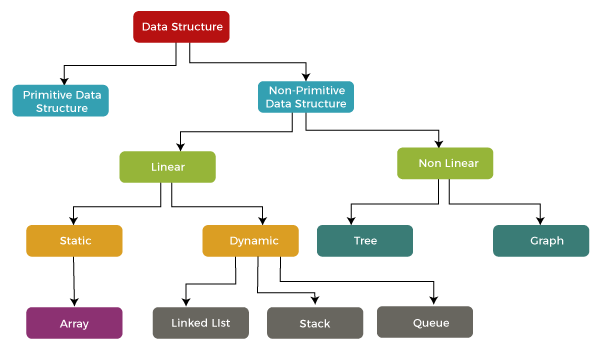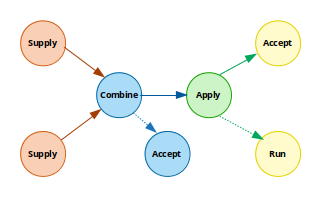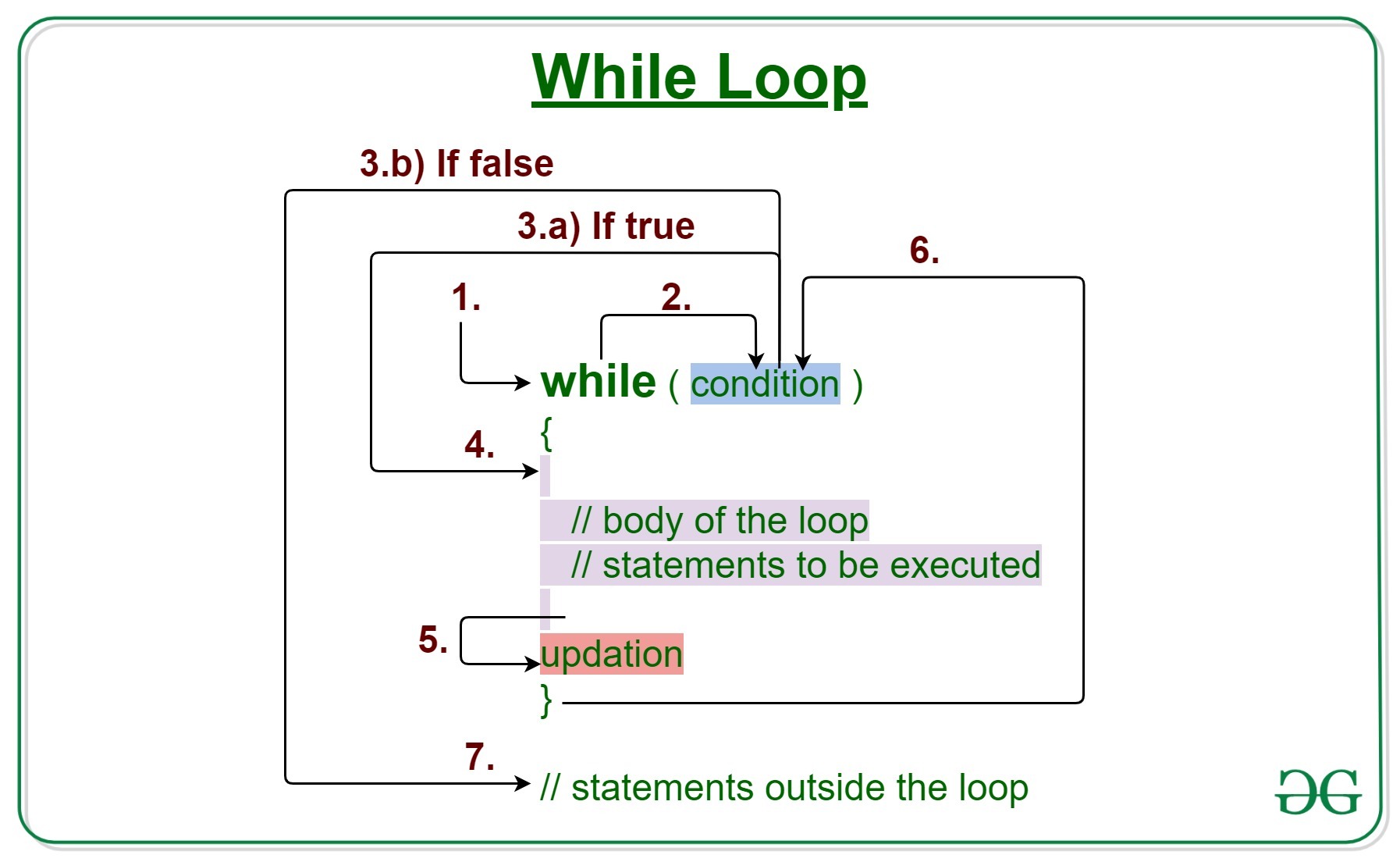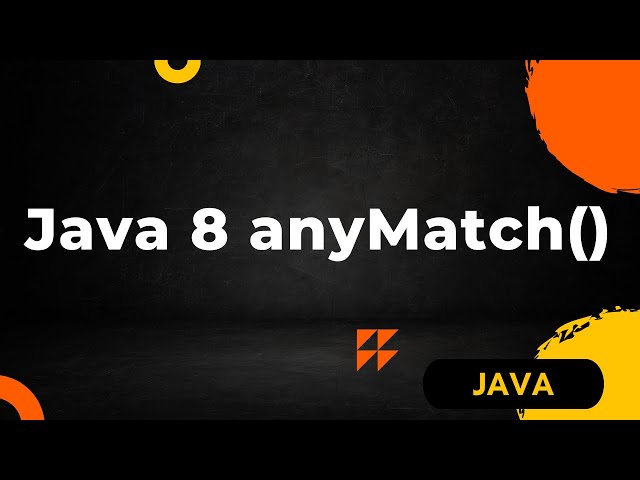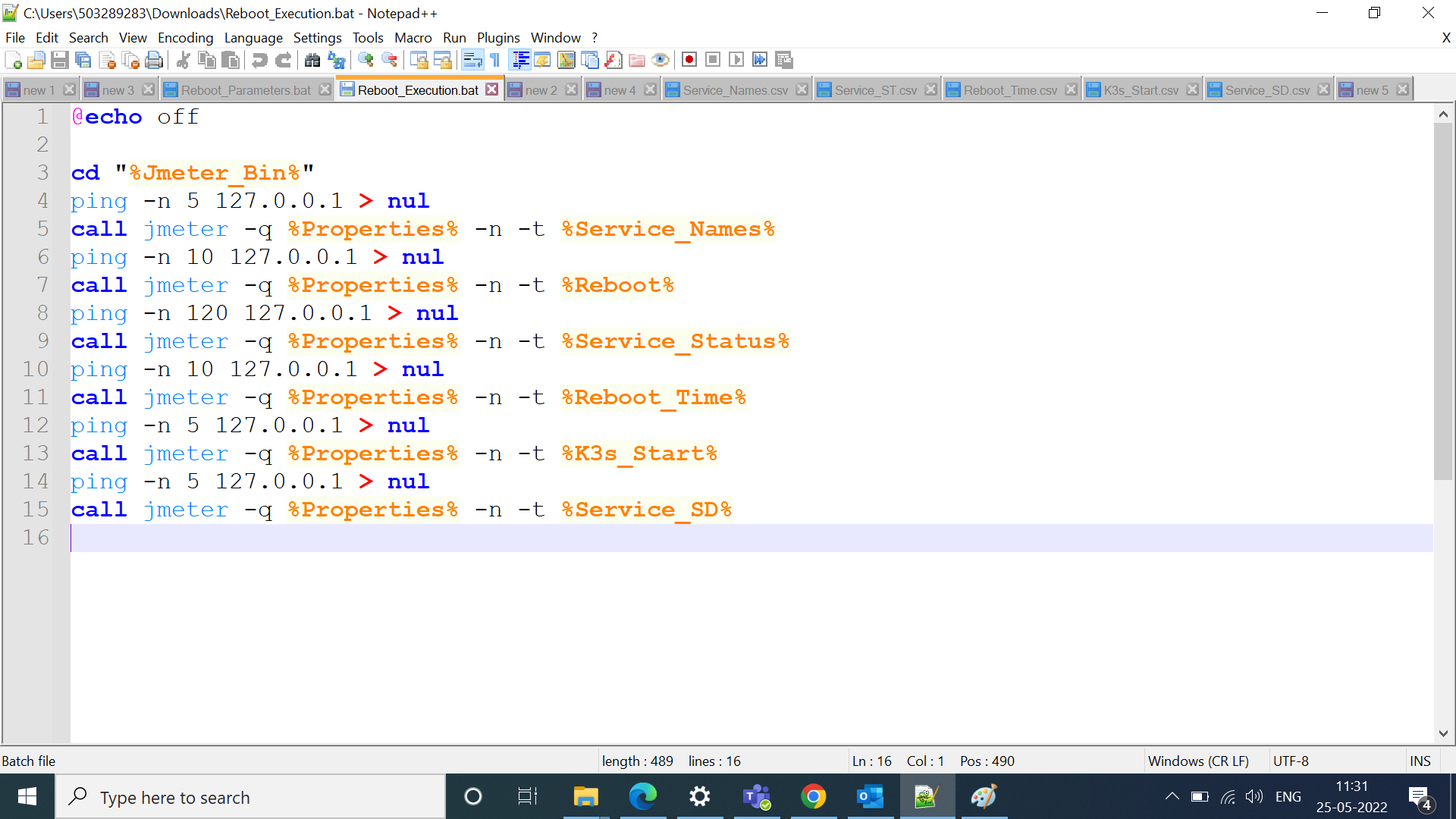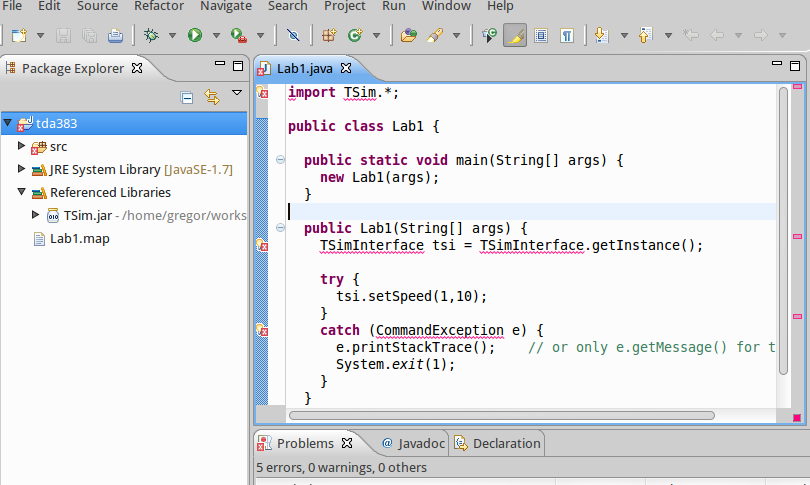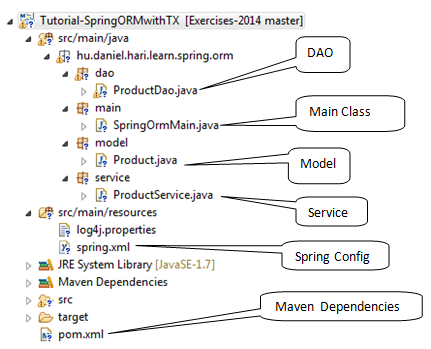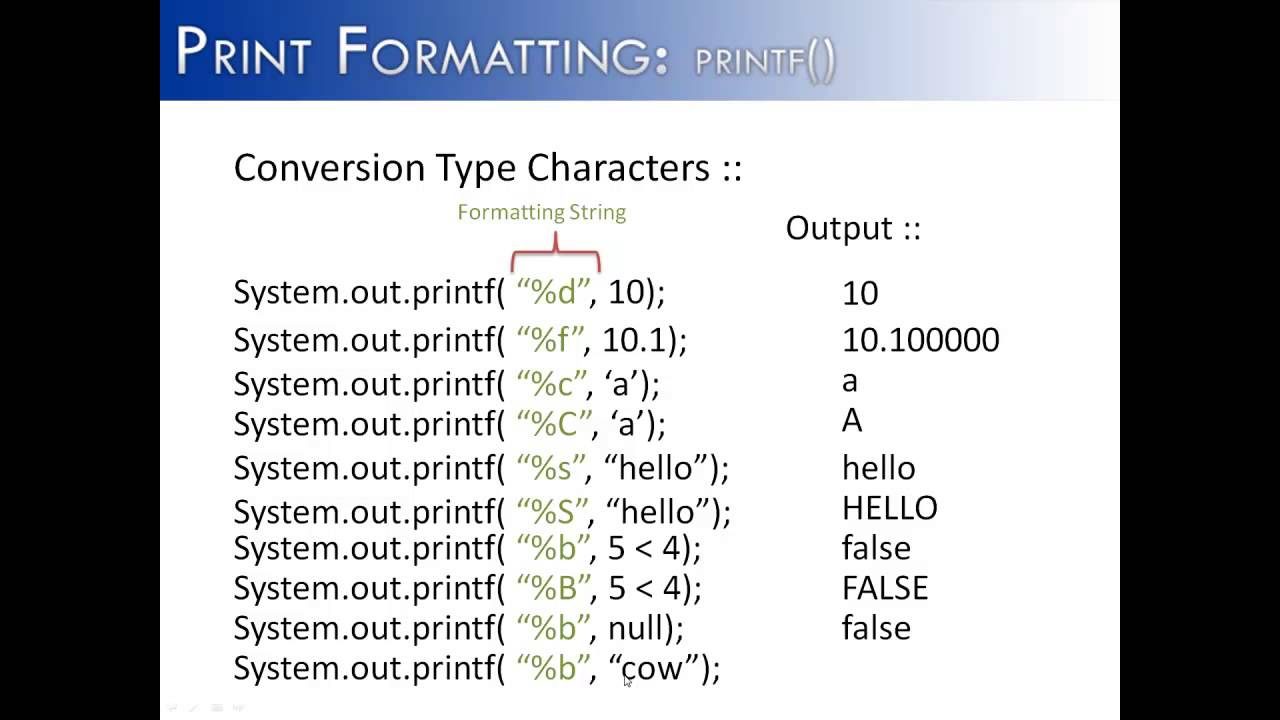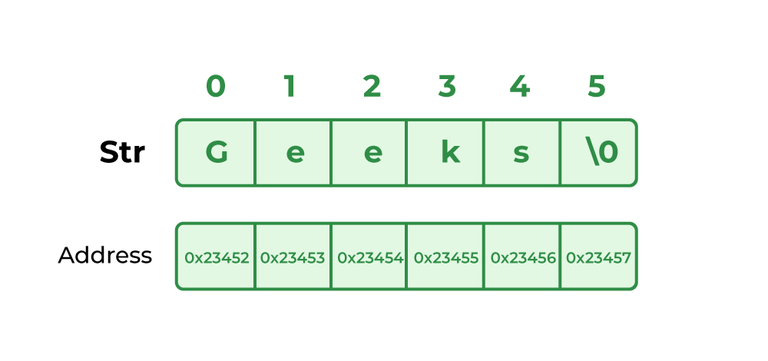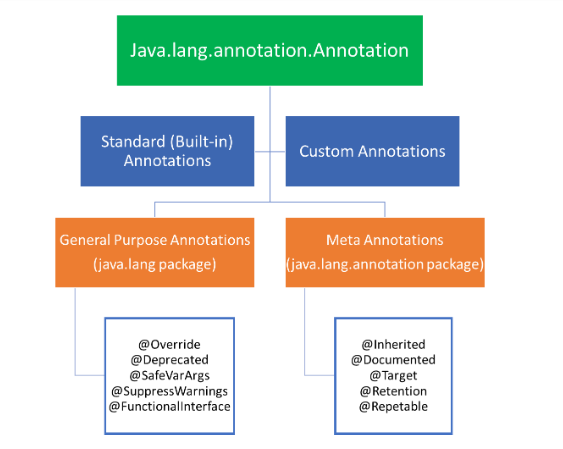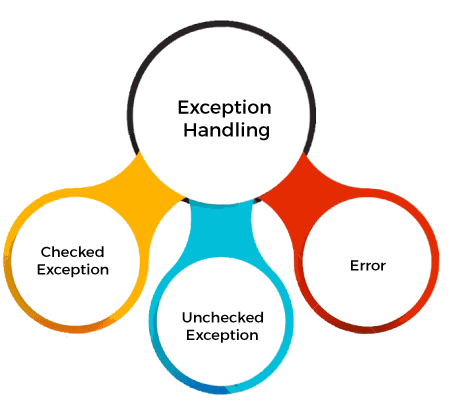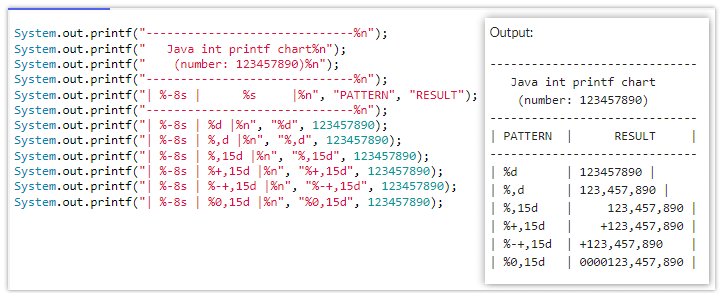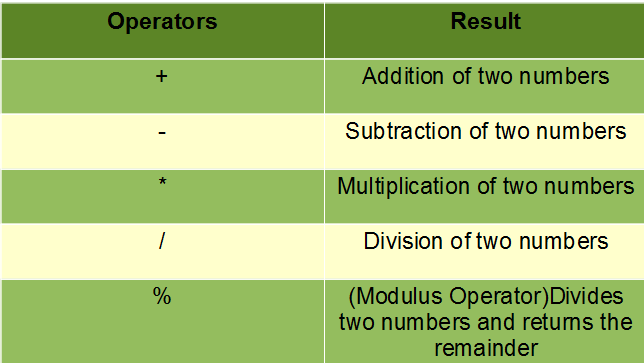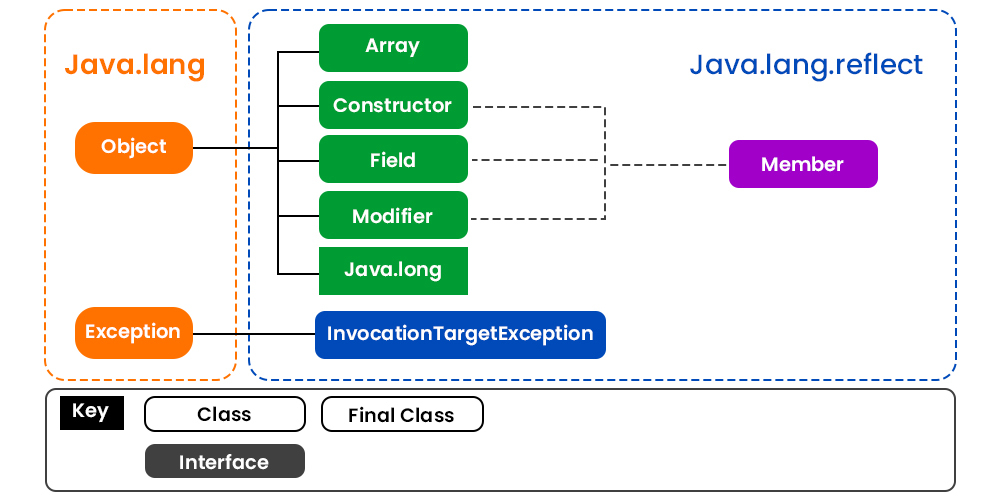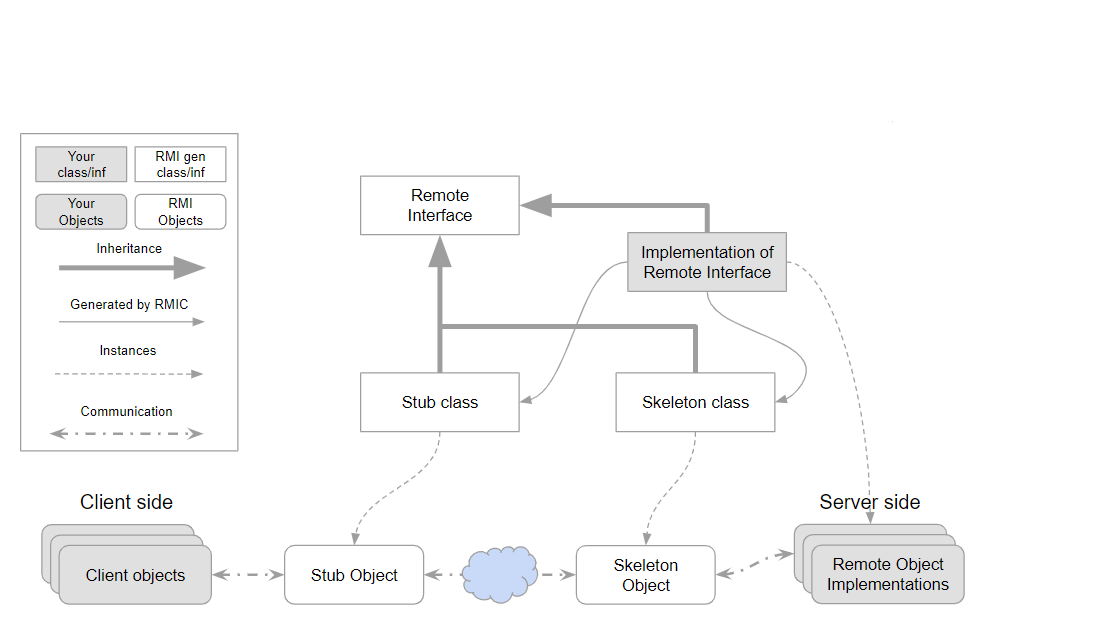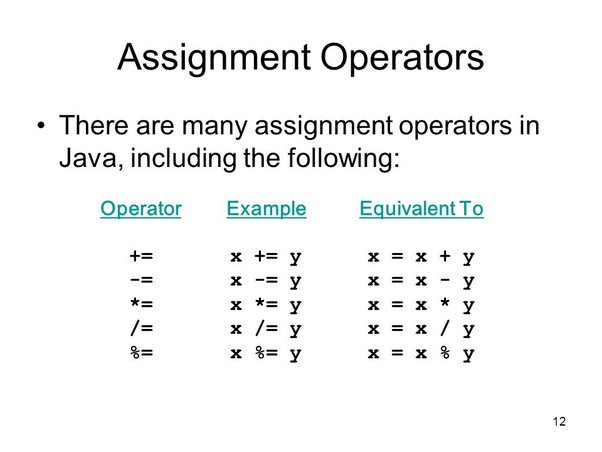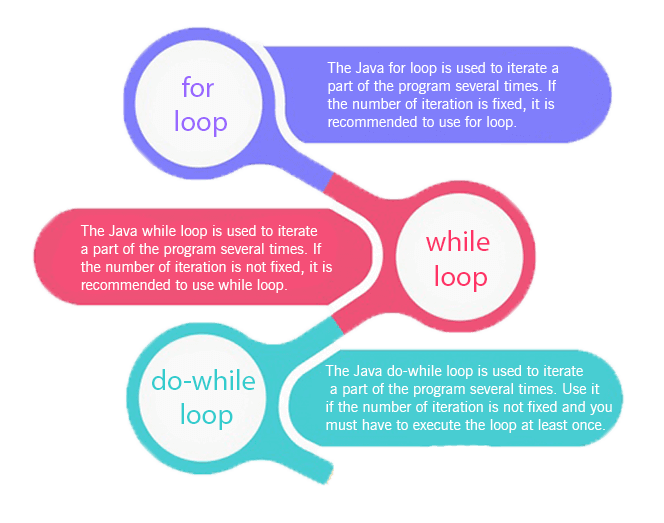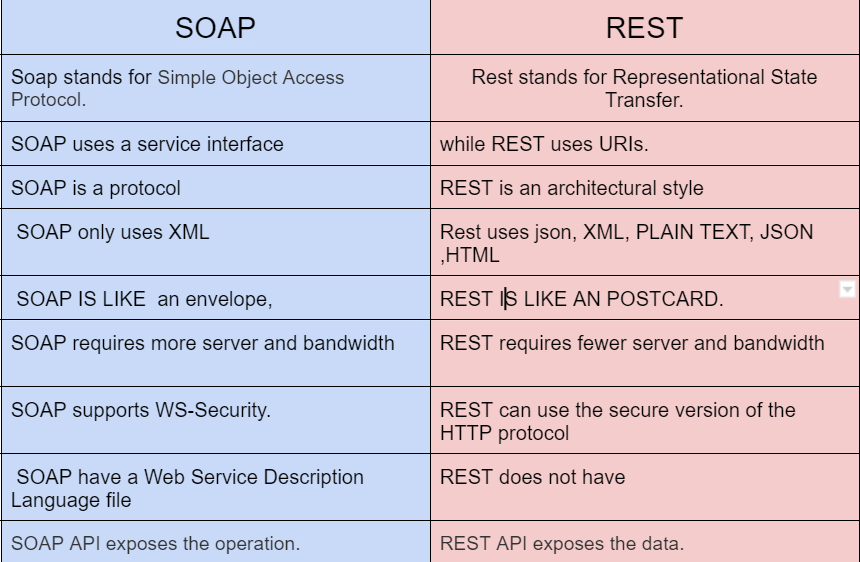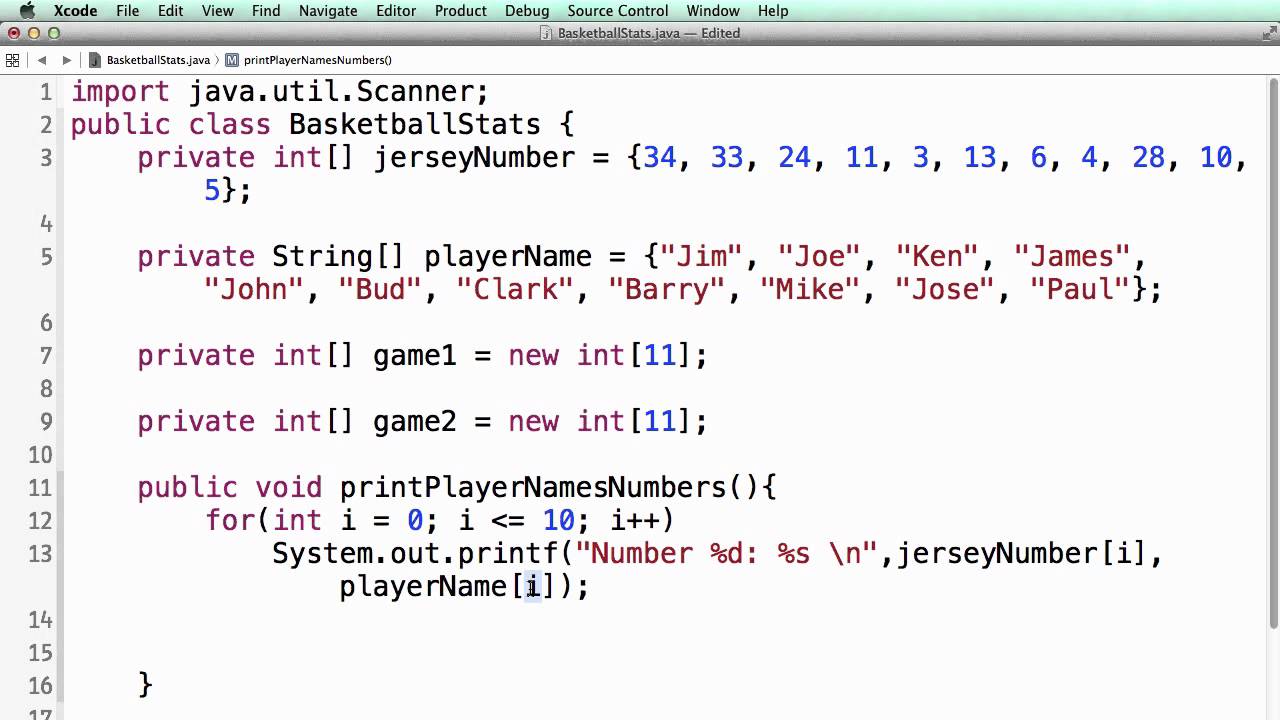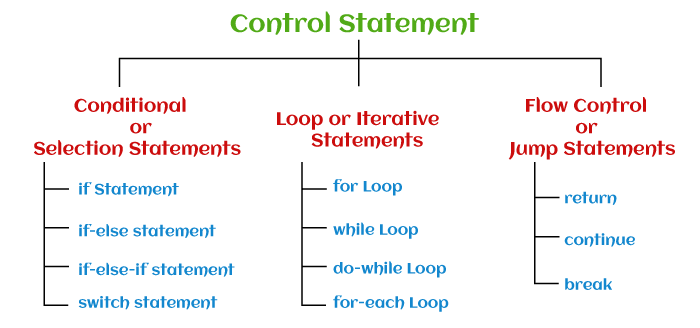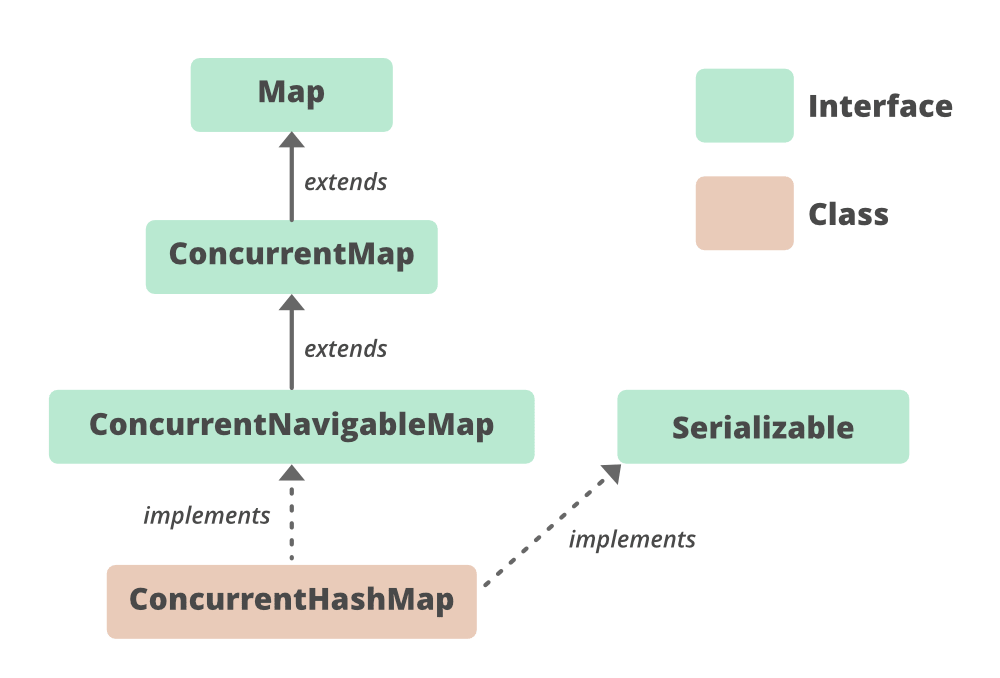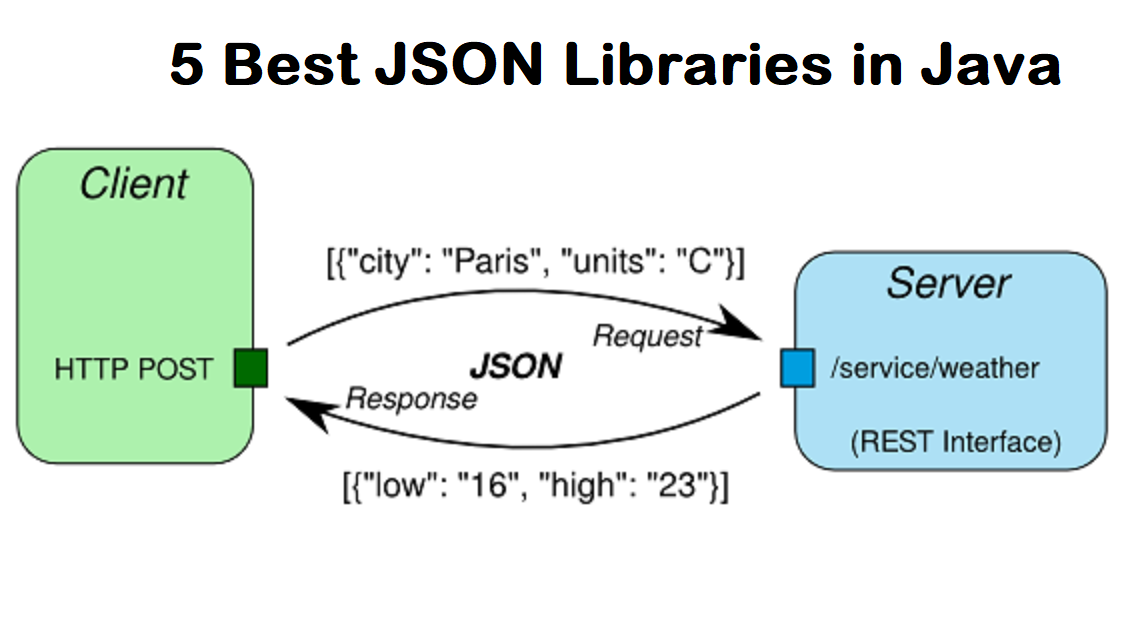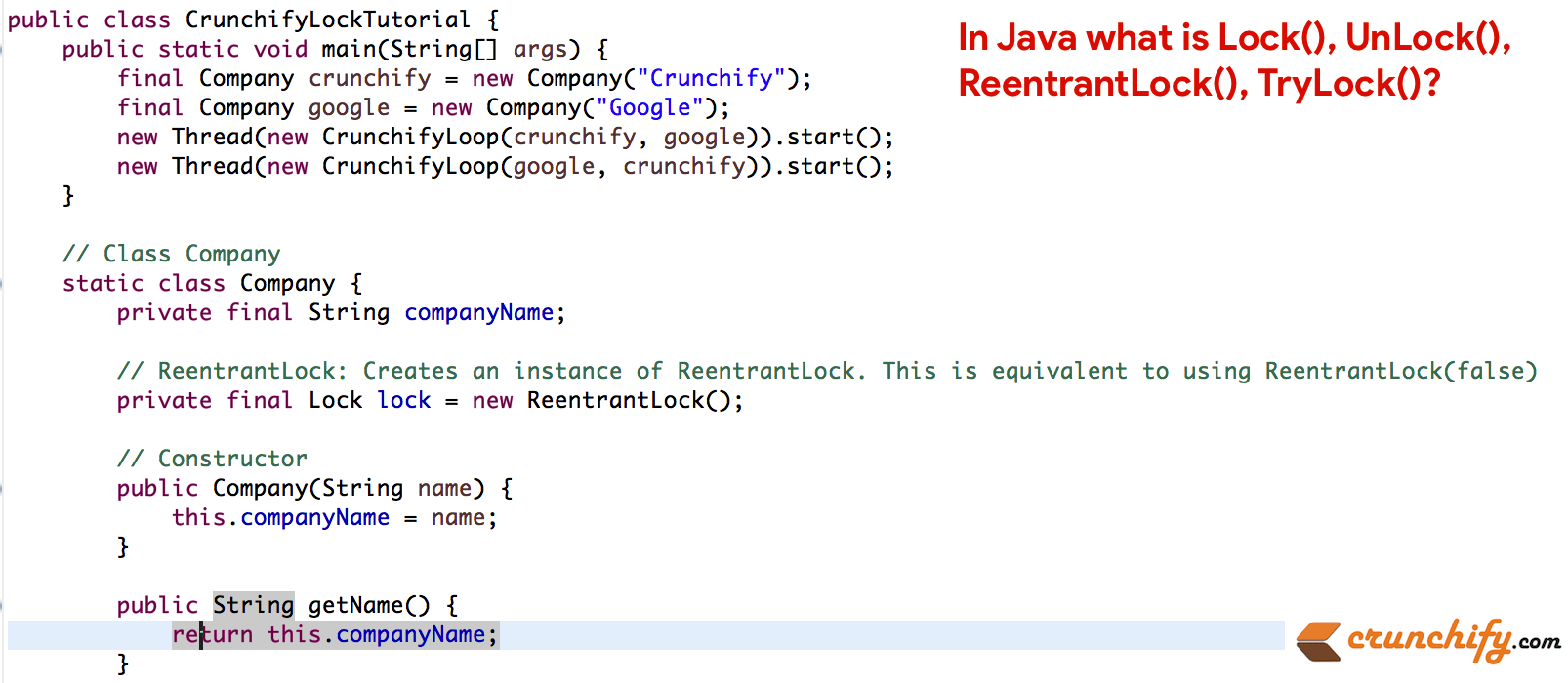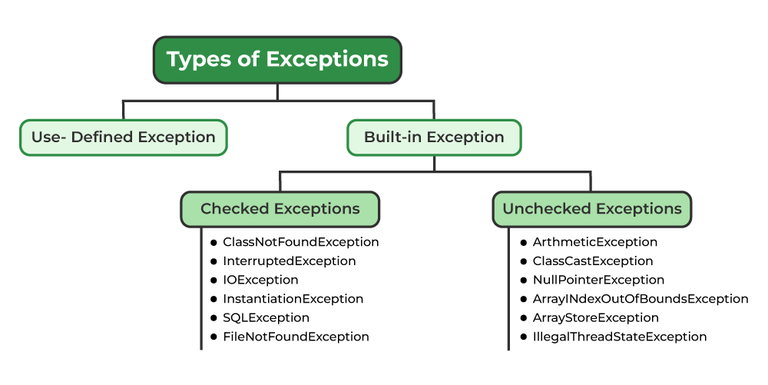What type of class is string in Java?
What type of class is string in Java?
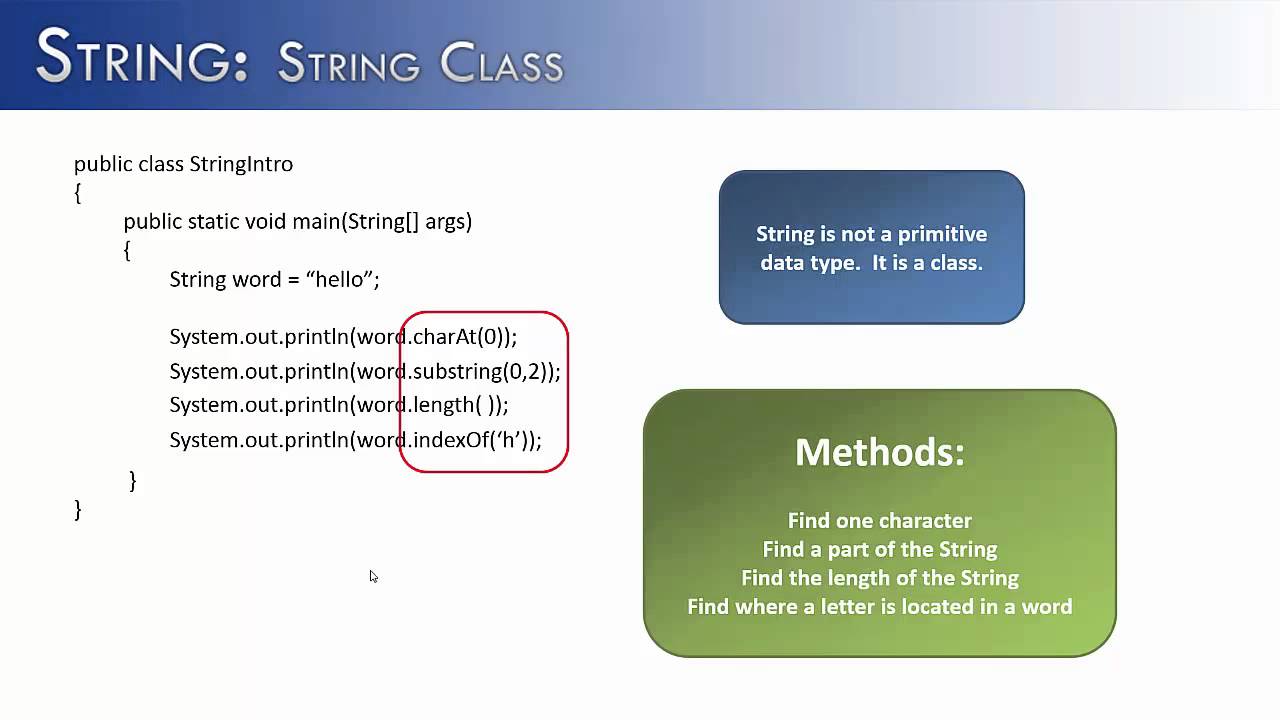
I'm happy to help you with your question!
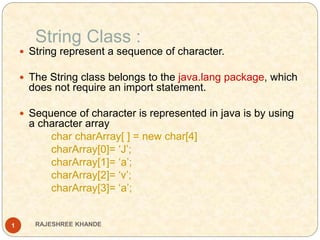
In Java, the String class is a part of the java.lang package and is defined as an immutable sequence of characters. It's a fundamental data type in the Java programming language.
The String class represents a string of characters, where each character is represented by a Unicode character value. This allows for strings to contain any characters from any language or culture.
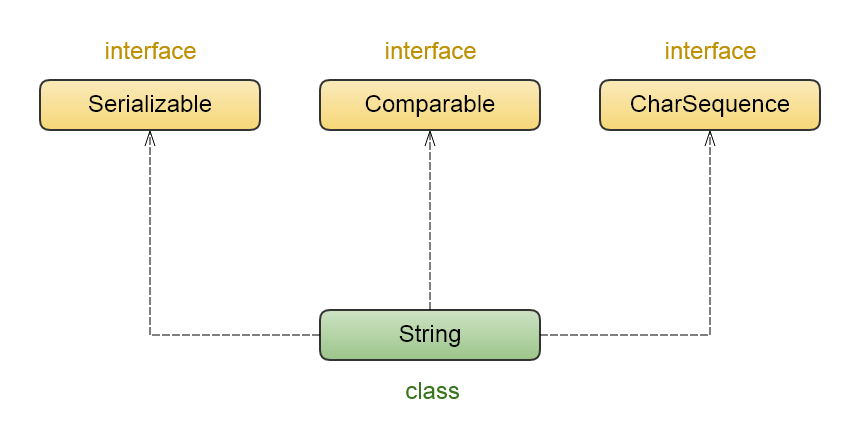
Here are some key characteristics of the String class:
Immutable: Once a String object is created, its contents cannot be changed. This means that if you try to modify a string, a new string will be created instead. Sequence of characters: A String represents a sequence of characters, where each character is represented by a Unicode value. Unicode support: Java's String class supports Unicode characters, which allows for strings to contain characters from any language or culture. Hashing and equality testing: The String class provides methods for hashing (hashCode()) and comparing two strings for equality (equals()), allowing you to use strings as keys in a HashMap or compare them for equality.The String class has several methods that allow you to perform various operations on strings, such as:
concat(): concatenates one string with another indexOf(): searches for the first occurrence of a specified character or substring lastIndexOf(): searches for the last occurrence of a specified character or substring substring(): returns a new string that is a subset of the original string toUpperCase() and toLowerCase(): converts all characters in the string to uppercase or lowercase, respectively
In addition to these methods, the String class also provides several constants, such as:
length(): returns the length of the string (i.e., the number of characters it contains) charAt(index): returns the character at the specified index isEmpty(): returns a boolean indicating whether the string is empty or not
The String class is used extensively in Java programming, and its immutability ensures that strings remain consistent and predictable throughout your program.
I hope this helps! Let me know if you have any further questions.
What is a string class in Java?
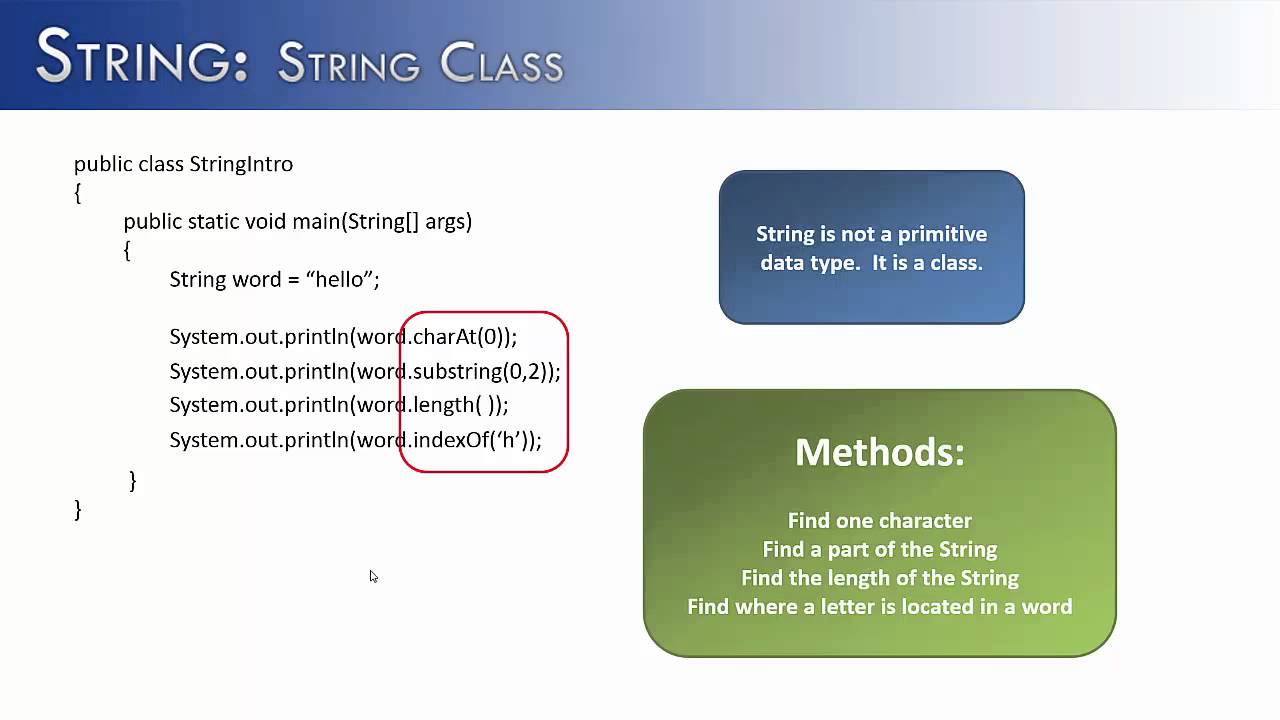
A fundamental question in the world of Java programming! A String class in Java is a built-in class that represents a sequence of characters, such as letters, digits, and symbols. It's a crucial part of any Java program, used extensively for tasks like text processing, manipulation, and storage.
In Java, strings are immutable objects, meaning their contents cannot be changed once they're created. This immutability ensures that the integrity of the original string remains intact, which is particularly important in multithreaded environments where concurrent access to shared data can lead to unpredictable behavior.
The String class has many useful methods for manipulating and working with strings. For instance:
+ operator or the concat() method, you can combine two or more strings into a new string. Substring extraction: The substring(), indexOf(), and lastIndexOf() methods allow you to extract specific portions of a string.
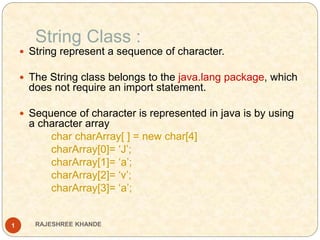
replace(), replaceAll(), and indexOf() enable searching for and replacing patterns within strings. Format and parsing: The format() method enables formatting strings with variables, while the parse() methods (e.g., parseInt()) help convert strings to numerical values.
Some notable features of Java's String class include:
equalsIgnoreCase() method. Regular expressions: The matches(), find(), and replaceAll() methods provide support for regular expression patterns, allowing you to perform complex pattern matching and replacement tasks. Internationalization: Java's String class provides built-in support for Unicode characters, ensuring that strings can be represented accurately across different languages and locales.
When working with strings in Java, it's essential to understand the differences between:
Strings vs. StringBuilders: WhileString is an immutable class, StringBuilder is a mutable class designed for more efficient concatenation of strings. Escaping special characters: When dealing with strings containing special characters (e.g., backslashes), you may need to use escape sequences or the replace() method to ensure correct interpretation.
In conclusion, Java's String class is a fundamental building block for any Java program that involves text processing. Its versatility, immutability, and extensive set of methods make it an essential tool for any developer working with strings in Java.
